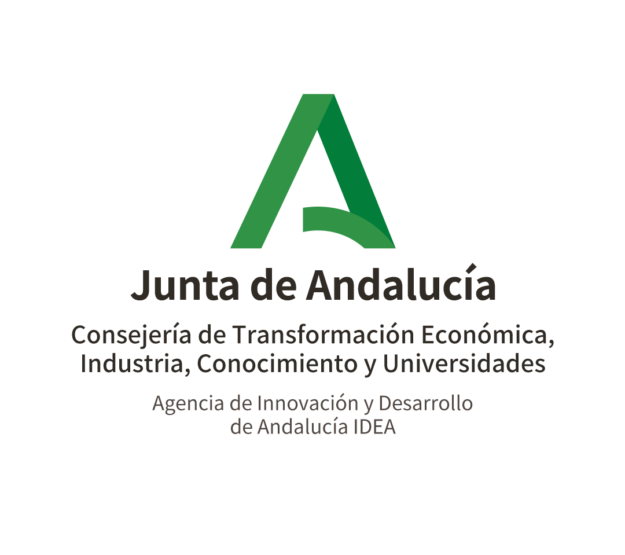International Centre for Trade Transparency Limited (ICTTM) Signs a Groundbreaking Memorandum of Understanding with Ukrainian Clusters Alliance (UCA)
The International Centre for Trade Transparency Limited (ICTTM) and the Ukrainian Clusters Alliance (UCA) are pleased to announce that they have entered into into a Memorandum of Understanding (MoU), symbolising a landmark step in international trade relations. The MoU, signed in a virtual meeting, is intended to provide UCA and its member companies with priority…










